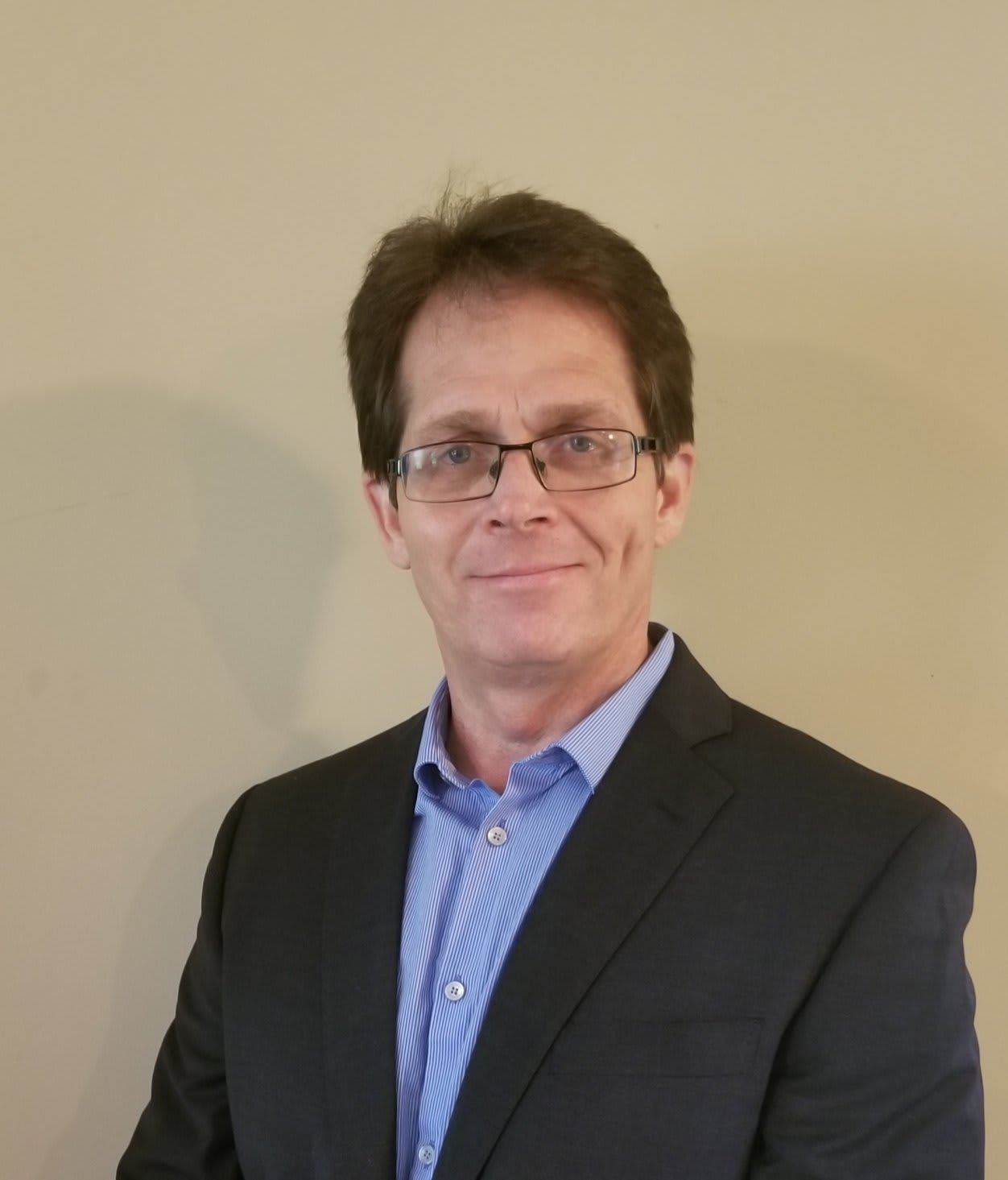It’s strange how time softens the edges of our memories.
I remember the glow of a laptop screen in a dark room—back when I was just a voice in the comment sections, responding to the Lache Seastrunk scandal, back when Rob Moseley was still at the Register-Guard. Someone suggested I start a blog. I hadn’t thought of it before. But I figured, why not?
I didn’t know it then, but that same spirit—measured, observant, quietly defiant—was the start of something bigger. Not just for me, but in a way, for Oregon football too.
What began as a few blog posts soon turned into interviews, press passes, and moments I never dreamed of. I was the first person to ask Marcus Mariota his first postgame question. I shared a laugh with Phil Knight about a botched handoff between Bryan Bennett and Colt Lyerla. I saw the highs and the unravelings. And I kept writing—not because I had to, but because I believed the stories mattered.
For a long time, Oregon football mirrored that arc. Under Chip Kelly, the program burst onto the national stage with a speed and flash that caught everyone off guard. But over time, the shine faded. Identity gave way to ambition. At times, it felt like the Ducks were chasing what others had, rather than building what made them unique.
That’s why their current approach feels so familiar.
In the recruiting space, I’ve written recently about how Oregon isn’t just throwing money at every top-100 name. They’re not "front-loading" NIL deals to win the moment. They're building something slower—something more sustainable. They’re choosing to stand on values, even when it costs them a five-star. They're saying no to the noise. And I respect the hell out of that.
Because that’s where I’ve landed too.
For years, I was all in. I gave this job everything—every weekend, every holiday, every July 4th glued to recruiting updates. I hadn’t taken a real vacation since 2011. But now, with a granddaughter born last August and another on the way, I’ve come to understand something deeper: presence matters more than proximity.
Oregon seems to be learning that too.
In a landscape where other programs are burning through budget and goodwill chasing "firsts" and "flips," Oregon is playing the long game. And yes, that strategy comes with its own frustrations. The loss of Ryder Lyons. The slow-play approach on some elite targets. The quiet confidence that may not always translate into instant gratification. But in every decision, you can sense the same clarity I’ve been chasing: if you can’t do it the right way, maybe it’s not worth doing at all.
For me, that clarity came in the form of a choice: I turned down an offer from On3. I passed on launching a new venture—at least for now. Not because I don’t still love the work, but because I no longer want to live on someone else’s timeline. I don’t want to sacrifice the story just to win the headline.
And Oregon, in its own way, is doing the same.
I think about the Spencer Webb story I wrote—still pinned to my profile. I didn’t write that for clicks. I wrote it because it mattered. That same principle now guides Oregon’s approach. It’s not about stacking stars for the sake of perception. It’s about honoring the whole person, not just the player.
That shift—from transactional to relational—isn’t just philosophical. It’s foundational. It’s how programs evolve. And it’s how people do too.
There comes a moment in every life when the page begins to blur. Not from exhaustion or failing eyesight, but from the quiet realization that the next chapter might look different than the last. For me, this isn't the end of writing—it's the end of chasing. It’s a return to the slow work. The good work. The meaningful work.
Much like Oregon has returned to a more principled identity—rooted in development, fit, and culture—I’ve returned to my own foundation. I’m not walking away from stories. I’m walking away from noise. From the pressure to break news faster than anyone else. From the hustle for visibility.
This isn’t resignation. It’s reverence.
Oregon’s journey and mine aren’t identical. But they run in parallel. Both of us started with a burst of momentum. Both faced temptations to sell out for speed. And both have chosen—deliberately—to slow down and build something truer.
If Oregon wins big this year, it won’t be because they chased the biggest name. It’ll be because they chose the right ones.
And if I write again—and I will—it won’t be for algorithms or engagement. It’ll be for the same reason I started: to find the human in the helmet, the soul beneath the stat line.
Like Ulysses, I may not set sail again. But I still watch the sea. I still believe in the power of the journey. And if the tide calls, I’ll answer—not to conquer, but to remember.
Not because I must.
But because I can.
